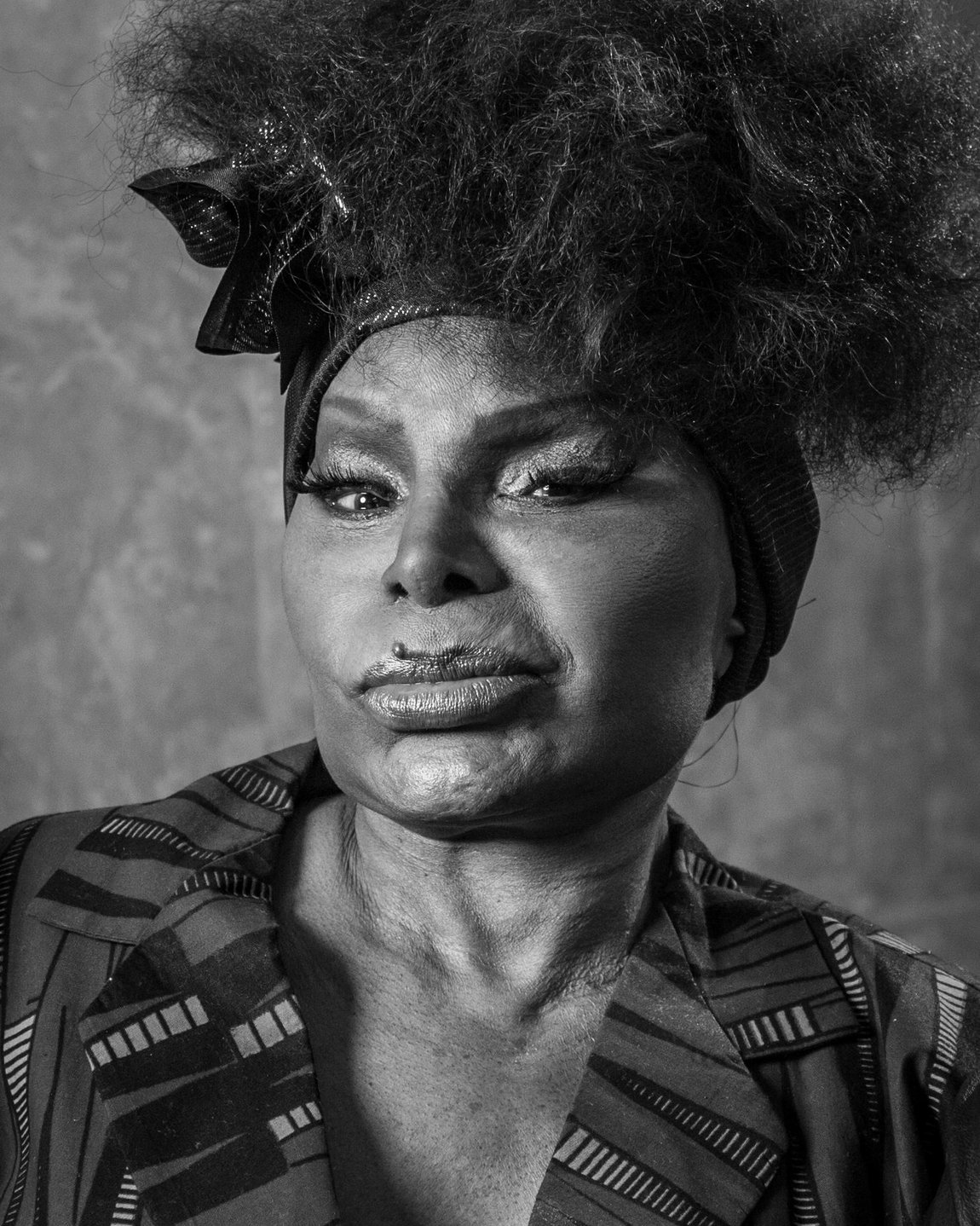Herstory 15: Samba Legend, Elza Soares, Turns Tragedy and Trauma into Her Muse
Rainha do Samba
Meet Samba Legend, Elza Soares
Elza Soares is not a name that you hear very often outside of South America, but is one that you should know moving forward. She has become not only one of the most revered names in Samba, but one that has displayed strength and resilience since the 1950s. Surrounded by continually younger musicians and an ever-changing musical landscape, the iconic Brazilian singer, has remained a constant power in our midst. This is her story.
Samba as a Symbol
While Samba’s origins are largely connected to the favelas of Rio de Janeiro, it finds its roots deeply embedded within various parts of Africa (i.e. Angola, the Congo, among others). The genre developed from a lot of pieces connected to the African Slave Trade and only briefly touches on the rich and complicated history of Afro-Latinx culture. Throughout the years, Samba has been tied as the music of the favelas and since become a symbol of the Brazilian national identity.
Composed of a careful mix of strings (i.e. the Choro and Cavaquinho) and percussion (i.e. Tamborim), later development began to have outside influences and eventually incorporate trumpets, flutes, and trombones.
As Elza’s career began to develop in the 1950s, bossa nova (using Samba as its basis and adding impressionistic elements) created a new landscape to layer new styles of singing – more gently than some of its genre counterparts. The composer Caetano Veloso describes Samba as “the father of pleasure and the son of pain” And that’s exactly what Elza took hold of. Soares has been able to offer something largely different than her counterparts in an uncommon intimacy for audiences to unpack.
Weaving Tragedy & Trauma into Art
It began in a small Tupi Radio talent show with young Elza da Conceição Soares in hopes of being able to afford the medicine needed for her newly-born child. While far from the talent show’s ideal image, being indigent and still in her young teens, Elza blew the audience away with what would become ownership of her husky and distinctive voice. Born to Gomes Soares — a factory worker and guitarist — and Rosária Maria Gomes — a washerwoman — she was married at age 12 and had given birth to seven children by the time she reached the age of 21.
After her first husband died of tuberculosis, Elza later married famed football player Garrincha and entered a turbulent 17-year marriage plagued by ensuing tragedies — including the death of her mother (with an impaired Garrincha at the wheel) as well as the cumulative loss of five of her children. Elza’s personal life has never strayed far from her artistry. Despite the many peaks of her career, Soares has seen much trauma in her life and continues to push through.
Deus é Mulher
Pushing Boundaries for 60+ Years
Soares has always been strategic and explicit with her music. From the choices surrounding the style of her onstage ensemble to the bold titles within her discography, Elza has used her career to speak her mind without restraint. The subject matter spanning Elza’s discography of over 60 years has ranged — domestic abuse, gender, loss, love and everything in between. For Elza, the use of her artistry was always expected to stimulate the world around her. She once said, “as a poor person, you’re always an activist”. This holds to the career she has carried forward for decades. The views that she holds about contemporary social issues have caused her struggles with military targeting, political strife, and public criticism. For example, Soares has been outspoken about the blatant racism in Brazil — or as she puts it “Brazil and the rest of the world”. This has caused tension with certain political systems, but on the other side of it, there are a substantial amount of people that are getting the representation and voice they strive for.
Elza Soares: “I go singing ‘til the end”
Since releasing her first album in 1960, Elza has continued on a path of justified reverence and impact. At 81, she continues to push the boundaries of her own bodies of work to bring reflection and contemporary issues to the forefront. Having released her latest work in May of 2018, Soares has no intention of visiting thoughts of retirement. In Mulher do Fim do Mundo, Elza sings in the title track “I go on singing ’til the end”. The poet Vinicius de Moraes wrote that “to make a samba with beauty it takes a lot of sadness.’ A truly creative force, Soares challenges her tragedy with control over her most powerful tool — her voice.
Thanks for reading! This blog series is brought to you by Solidarity in Sound, an educational platform for the global, music community.
For our Herstory Lessons blog series—we're retelling the stories of womxn in music that have been misheard, mislabeled, or erased completely from our history books.
If information looks incorrect, please let us know! When we're retelling stories that are left out of our history books, finding info can get tricky. We want to make sure we're portraying these stories as accurately as possible!




